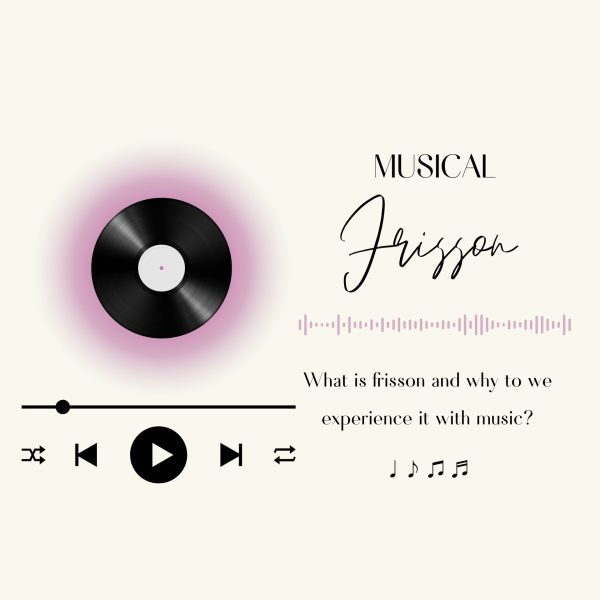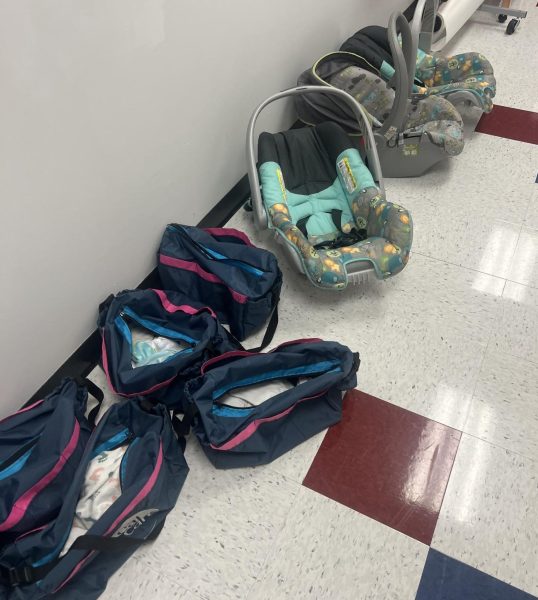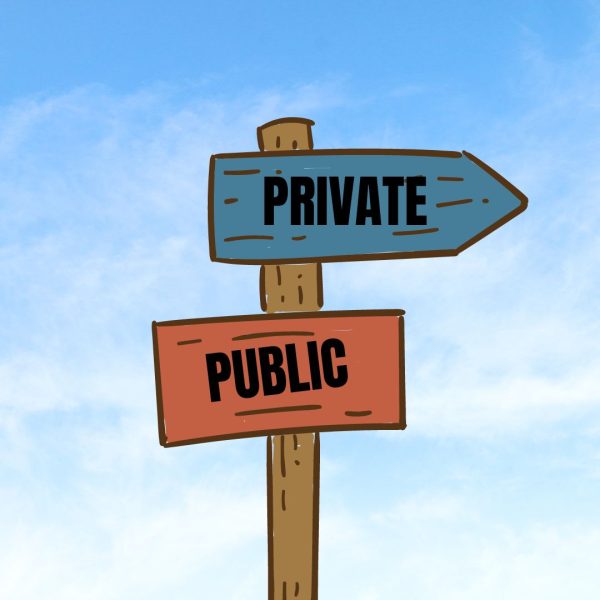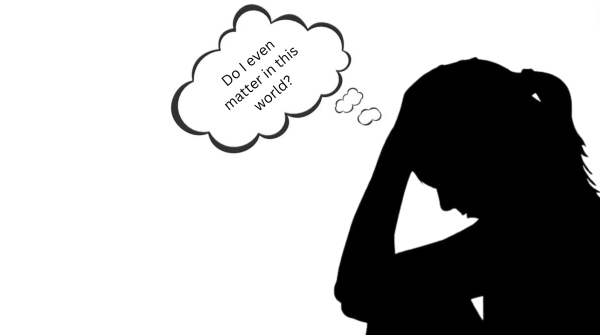Watch Your Mouth
The use of vulgar language in high school causes curse words to lose their shock value
January 12, 2017
Language, please. Those two words are often uttered by a teacher telling a student to refrain from the vulgar language they are using, but since when did vulgar language become so common amongst young people?
With a pop culture that uses curse words as slang, whether it be in songs or television shows or even books, the high usage of vulgar language today causes the loss of curse words’ shock value.
The first people that are often blamed for teaching profanity are the parents, seeing as children look up to their parents and they will mimic their parents, so therefore in this way, children are a reflection of their parent’s behavior. While some parents will make sure no children are around when they curse, other parents will simply tell their children not to repeat what they say.
“My parents did a very thorough job in guarding me from profanity, it wasn’t until I got to middle school and even high school, that I started hearing it,” senior Alex Ovares said.
But with pop culture becoming more accessible to children and young teens through music and video streaming platforms like Spotify and Netflix, it has become easier for young people to be exposed to swearing.
While radio stations will have censored versions of popular songs, music streaming platforms will often have a clean and explicit version of the song, leaving it up to the person listening to choose between the two. And without parent’s constant supervision, kids and teens are able to usually choose to listen to whichever version they’d like.
The majority of students are slowly exposed to profanity in middle school and many students choose whether to adopt it or not during that time. Some students find the use of such words unnecessary and other students who may have used them tentatively at first, being very careful to watch their words around parents and teachers. But as time went on, the usage of vulgar language increases and the caution in using them decreases.
But why swear in the first place? Students’ need to swear is, like all people, rooted in the brain. It is rooted in a specific part of the brain called the amygdala, which processes panic attacks and aggressive feelings.
According to Michelle Drews from the Harvard Science Review, “In particular, amygdala (a part of the brain that processes emotions) activity is correlated negative emotional associations….therefore, it makes sense that the amygdala would be activated in association with unpleasant words like swear words.”
And since teenagers are known for being the moodiest species on the planet, it is to no surprise that the use of vulgar language rises during high school. So with the constant use of these curse words, they lose their shock value, leaving them to be normalized and rooted as vocabulary in students’ brains. But no matter how students’ picked up their use of profanity, we will all have to watch our words as our mouths become looser as swearing becomes more normalized.

















